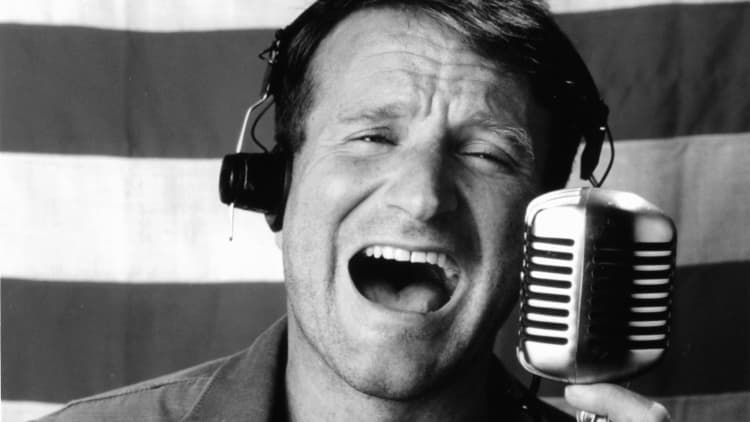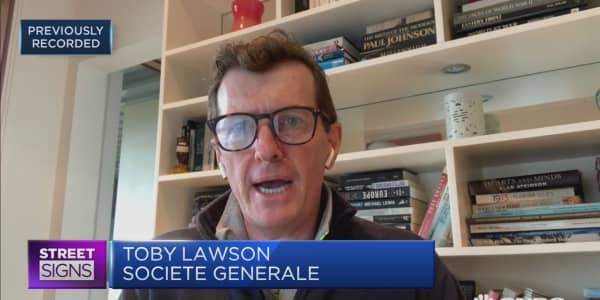More than 800,000 people commit suicide every year – around one person every 40 seconds, according to a new report by the World Health Organization (WHO), which is calling for coordinated action to address the problem.
Pesticide poisoning, hanging and firearms are among the most common methods of suicide globally, WHO highlighted in its first global report on suicide prevention. Around 75 percent of suicides occur in low- and middle-income countries.
While suicide rates are highest in people aged 70 years and over globally, in some countries, the highest rates are found among the young. In fact, suicide is the second leading cause of death in 15-29 year-olds globally.
To be sure, suicide is not the top cause of death worldwide, but it's a problem that has been shrouded in taboo for too long, the organization said. According to WHO data, heart disease and stroke were the two leading causes of death in 2012, claiming 7.4 million and 6.7 million lives, respectively.
Gender differences in suicide
Overall, more men commit suicide than women.
Read MoreTepco to pay compensation for suicide
In richer countries, three times as many men commit suicide than women. Men aged 50 years and over are particularly vulnerable.
Meanwhile, in low- and middle-income countries, young adults and elderly women have higher rates of suicide than their counterparts in high-income countries.
A call for action
Action is needed on both a community and governmental level, said WHO.
"No matter where a country currently stands in suicide prevention effective measures can be taken, even just starting at a local level and on a small-scale," said Alexandra Fleischmann, scientist in the Department of Mental Health and Substance Abuse at WHO.
Reducing access to means is one way to reduce deaths.
Read More Actor Robin Williams found dead in apparent suicide
"Evidence from Australia, Canada, Japan, New Zealand, the United States and a number of European countries reveals that limiting access to these means can help prevent people dying by suicide," WHO said.
Other measures include changing how suicide is reported in the media, such as avoiding language that sensationalizes suicide and avoiding explicit description of methods used, and early identification of mental and substance use disorders by health workers, it said.

On a government level, WHO urges countries to involve a range of departments in developing a comprehensive coordinated response.
Read MoreThe life and death of a master of the universe
"High-level commitment is needed not just within the health sector, but also within education, employment, social welfare and judicial departments," it said.
Currently, just 28 countries are known to have national suicide prevention strategies.
The report's publication comes just a week before World Suicide Prevention Day, observed on September 10.





